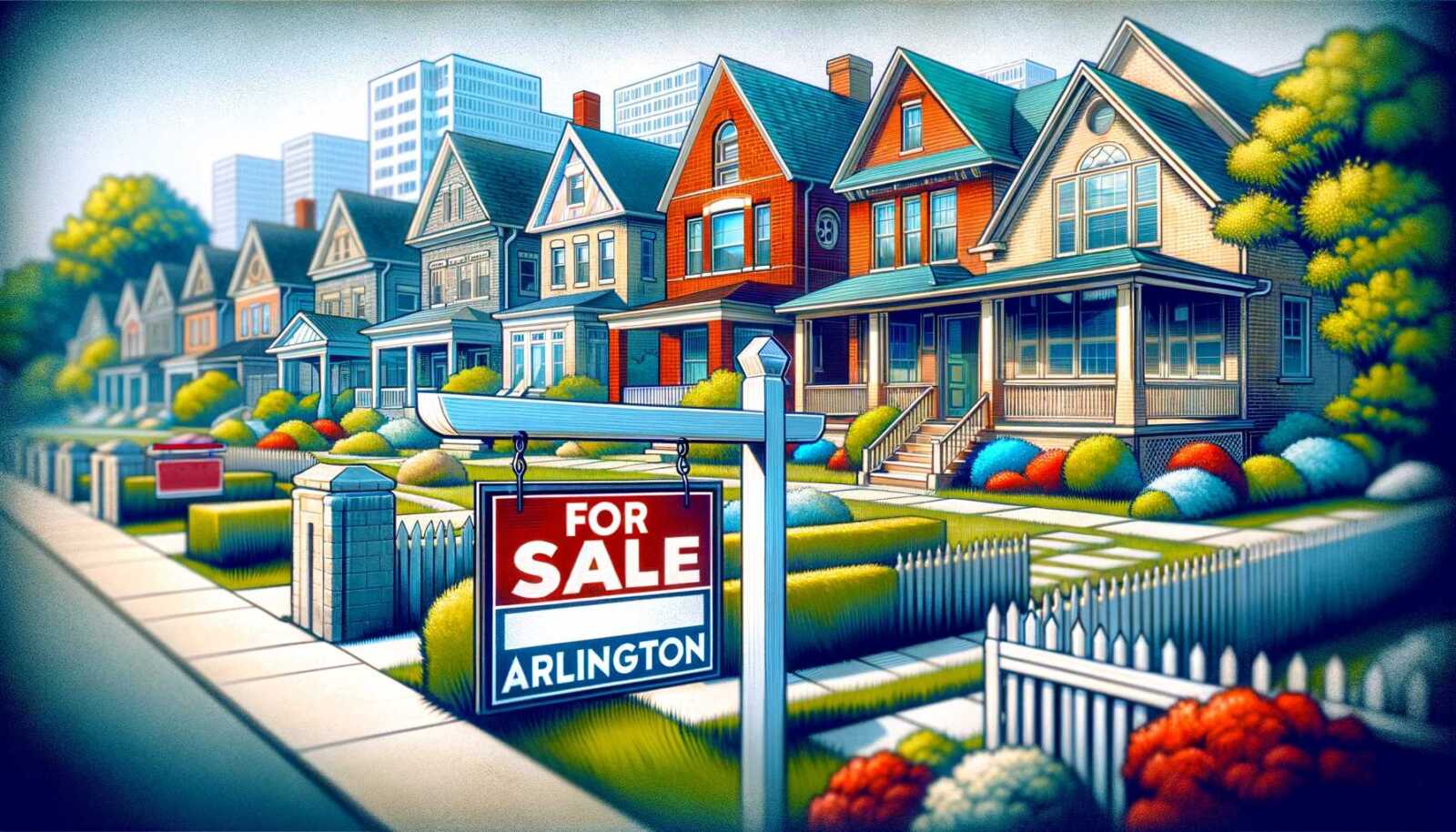
Virginia’s U.S. senators are throwing their weight behind a bill to support first-generation homebuyers.
The Downpayment Toward Equity Act would provide grants of up to $20,000 to support socially and economically disadvantaged homebuyers. Sens. Mark Warner and Tim Kaine are co-sponsoring the bill, alongside several fellow Democrats, saying this will help close equity gaps.
Housing experts warn, however, that substantially changing who can afford to buy in a pricey, competitive housing market like Arlington will probably require a combination of approaches.
“It helps. Of course it helps,” said Alice Hogan, a housing policy consultant with the Arlington branch of the Northern Virginia Affordable Housing Alliance. “But in a market like this, it’s not going to have the impact that it would have on other parts of the state.”
The proposed $100 billion federal appropriation would help a subset of homebuyers with expenses including down payment costs, closing costs and costs to reduce interest rates, according to a press release. It would be distributed through the U.S. Department of Housing and Urban Development.
“Homeownership is one of the most powerful pathways to accumulate wealth, but first-generation homebuyers — predominantly people of color — still face steep obstacles to achieving it and punching their ticket to the middle class,” said Warner. “The Downpayment Toward Equity Act could serve as a powerful tool to level the playing field, close the racial wealth gap, and help more families achieve their American Dream.”
In a housing market as expensive as Arlington, $20,000 grants would probably cause “a marginal increase” in who can afford to buy a home, said Michael Spotts, director of real estate development at Habitat for Humanity of Washington, DC and Northern Virginia. Grants could also help purchasers retain some cash reserves after buying a home, which plays a role in ensuring that people can sustain homeownership.
But in Spotts’ view, the main problem is Arlington’s housing stock.
“Ultimately, inventory is the binding constraint in Arlington,” he said. “If we want to support homeownership across the income spectrum and for those that have faced discrimination in the housing market, we need to increase the number of attainably-priced homes on the market.”
Hogan pointed out that some homebuyers may draw on multiple funding sources, such as Arlington’s Moderate-Income Purchase Assistance Program. This kind of “layering” is a more likely path toward homeownership for lower-income people in this county.
“In a market like this, alone, [the bill] wouldn’t do very much,” Hogan said. “It has to be in combination with other programs.”
In 2022, the county issued 13 MIPAP loans to people buying homes that cost less than $500,000. As housing costs continue to increase, some advocates say a revamp of the program is overdue.
Kaine said this bill could help fight discriminatory housing practices, the impacts of which he witnessed as a fair housing attorney earlier in his career.
“While we’ve made significant progress in combating discriminatory policies since then, their lasting effects continue to be evident in the wide homeownership and wealth gaps that people of color face,” the senator said. “The Downpayment Toward Equity Act would take a substantial step in addressing these gaps, by helping first-generation homebuyers overcome the disadvantages they face when trying to purchase a home.”

